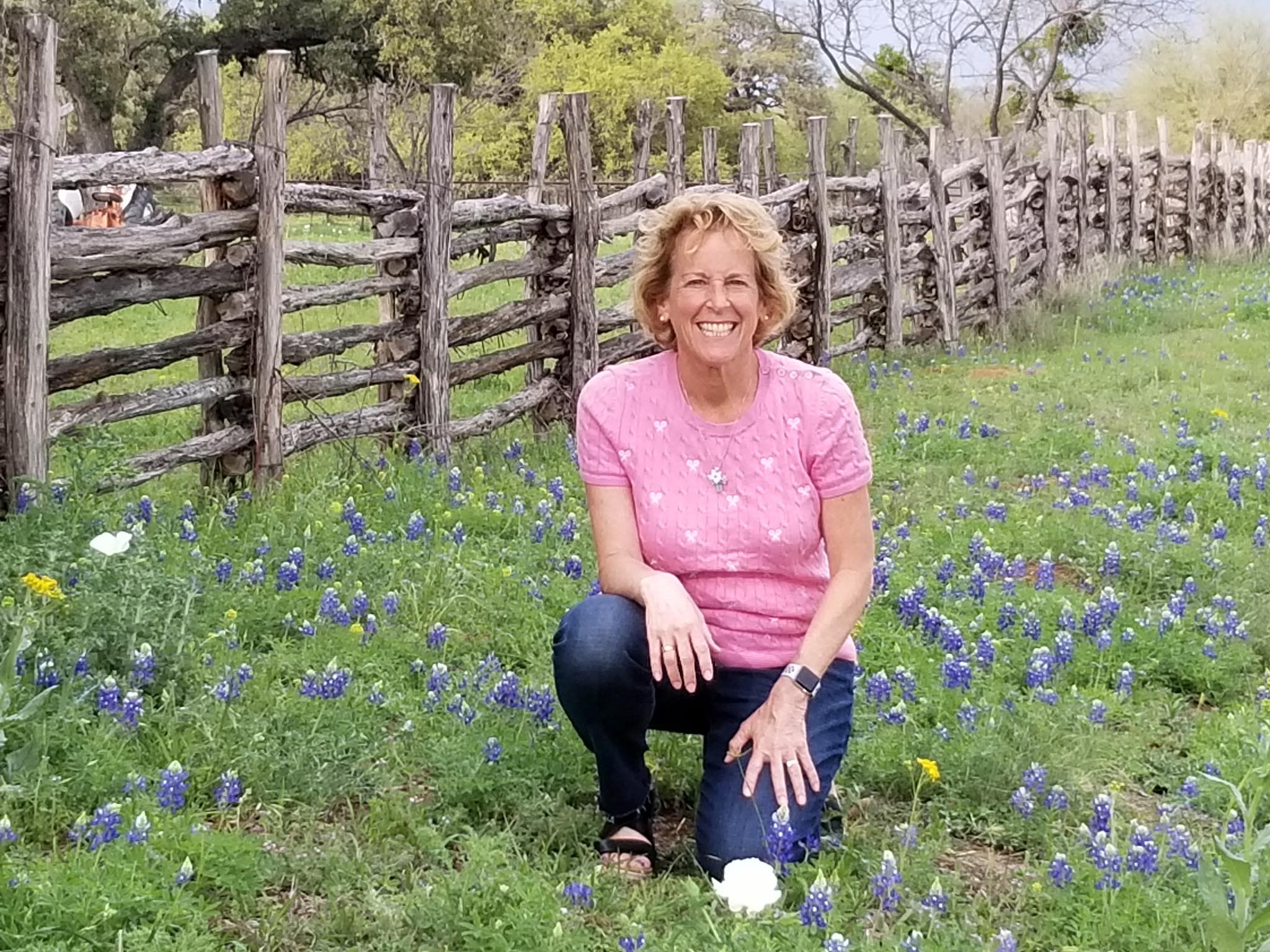
[ad_1]
Thursday, December 21, 2023 Nina Hernandez
For Travis County Commissioner Ann Howard, this year was all about leveraging the institutional knowledge she gained during her first two years in office.
“I found the toilet and the light switch. And I had some awareness of the theme and the problem, and I understood who to call, where my colleagues were coming from, how the different departments were run. “We’re doing it,” Howard said. austin monitor. “So I felt more comfortable trying to influence the court.”
Howard Precinct 3 stretches from downtown Austin across Briarcliff on Texas 71 to Jonestown on RM 1431 and includes growing communities along RM 620 and US Highway 183.
“Westlake, Lakeway. Bee Cave and Lago Visa are now part of the Second Precinct, but I have the land and the people around them and beyond,” Howard said. Ta. “It’s just a big area. So it was another thing to get to know all the different jurisdictions and leaders. It makes for a very fulfilling day.”
Howard believes that working in the community will best utilize his skills.
“What happens in Travis County is very much influenced by what’s happening around us,” Howard said. “It’s the kind of place where I can use my strengths in interpersonal skills. Getting to know people (and) getting to know Travis County better through my relationships with them. That’s why I like the job. is.”
In 2021, the Commissioners Court committed $110 million in American Rescue Plan Act funding to address housing and homelessness issues in our communities. This year, the court allocated the remaining $51 million to partnerships with private nonprofits, including Caritas, SAFE, LifeWorks, and Integral Care.
“It’s a hard, long time-consuming part of the job,” Howard said. “I love that federal dollars have a time limit. You have to commit the money and spend the money. This helps counties and communities work with deadlines and urgency. ”
Mr Howard acknowledged that public and private development has faced challenges since the pandemic due to supply chain issues and changing interest rates.
Still, “I think these one-time catalytic investments by the county in affordable and supportive housing will continue to be transformative,” Howard said. “The City is working closely with us and thankfully we have the City Affordable Housing Bond Fund, which also seeds affordable housing development and fills the gap. The private sector has invested heavily in nonprofit organizations to keep them going. Today, people have needs that take too long. But investments in housing and services I think it’s a game-changer.”
Regarding emergency response and the possibility of another severe winter storm in 2024, Howard said the county needs to prepare for flooding in addition to the ice the area has experienced this year.
“It’s a question of readiness,” Howard said. “So I’m really happy that EMS is working to strengthen the paramedics in the region and that we’re helping pay for it, including paramedics in pickup trucks and SUVs instead of ambulances. The more people we have on the ground, the easier it is to navigate rough terrain and the more we can build relationships with vulnerable populations.”
Mr Howard appealed to the community to continue to prepare for natural disasters.
“We have done a better job of knowing our neighbors and first responders by knowing where people are on oxygen, living alone, or unable to walk, but we We certainly haven’t finished the job,” she said. she said. “I hope people also add emergency kits and flashlights to their lists because Santa is checking them twice. We have to be prepared.”
Howard said he believes the court’s greatest accomplishment was that voters overwhelmingly approved a historic bond package that included more than $500 million for road and park projects.
“I think it was a real statement about our future. It was just a good piece. We showed how we educate voters about what we’re talking about, and how we partner with the private sector. So I thought it was a win-win-win.”
When it comes to opioid overdose prevention, Howard has made it a priority to hear from the harm reduction community and learn how best to utilize its resources. He pointed to how the court allocated the first round of opioid settlements received this year, which included funding for Narcan, methadone services and peer treatment groups.
“Part of what the county said when it signed this lawsuit was that if we had the money, we would use it to reimburse the general fund for the costs of dealing with the crisis. But… So what? We’ve spent hundreds of thousands of dollars getting Narcan into the community. But this is a crisis and people are dying every day. So I don’t want to pay restitution to the county. , said they wanted to use this additional funding for additional strategies to address the crisis.”
That ruffled a bit of feathers, she admitted. Ultimately, the court found a way to compromise by repaying the general fund while allocating additional funds to address the crisis.
“The county was really looking at ways to do things differently,” Howard said. “I think we are learning and willing to learn and trying to understand how we fit into the framework of dealing with the health crisis and what the public is telling us to do. Does it fit?”
She will now work to address ongoing water issues in the county.
“Our entire county is in a global drought,” she said. “We’re lucky when it rains. But we also need residential development and commercial development. So how do we reconcile these things? You know, county officials, we… We don’t really have any authority over water. We have authority over fire protection and fire codes, making sure that developments have access to water to put out fires.”
she continued. “But when it comes to water provision and water restrictions in general, we don’t have that authority. But from a public health perspective, I think this is where our relationship is important. Because , because we have to communicate with the (Lower Colorado River Authority) and the (Texas Commission on Environmental Quality) and the groundwater districts and utility companies. We need to know who these people are and at least We have to become thought partners: How can we live with less water?”
Howard plans to continue pushing the county to proactively address this issue.
“Even if they want to tell us not to water, we can water,” Howard said. “Otherwise we’re all going to be without water. We have to impact the water and the infrastructure that transports it.”
of austin monitorOur work is made possible by donations from the community. While we often feature donors in our reporting, we are careful to be transparent and separate business and editorial efforts. A complete list of donors is available here and our Code of Ethics is explained here.

you are a community leader
We’re honored that you’re counting on us for serious, in-depth news. You know that a strong community needs local, dedicated monitoring reporting. We’re here for you, and that won’t change. So, take the next powerful step and support our nonprofit news organization.
[ad_2]
Source link






